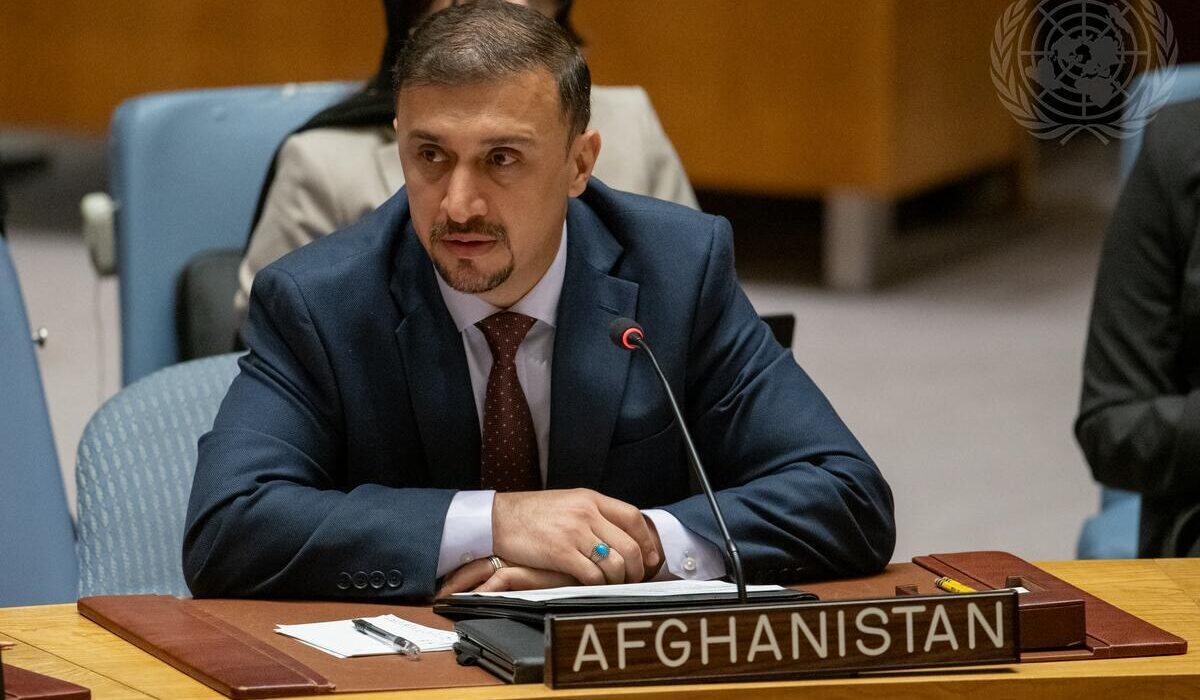NEW YORK — Naseer Ahmad Faiq, Afghanistan’s charge d’affaires to the United Nations, at a session criticized Pakistan’s ongoing deportation of Afghan refugees, calling it a violation of international obligations and urging Islamabad to immediately halt the expulsions.
Speaking at a special session of the U.N. Economic and Social Council, Faiq warned that forced returns risk the breakup of families and pose serious threats to women and children. He said the refugee crisis in Afghanistan, largely driven by Taliban policies, has had devastating effects on the country’s population.
Faiq stressed that Afghanistan continues to grapple with overlapping economic and security crises, leaving returnees vulnerable to poverty, instability, and lack of services.
“The forced repatriation of Afghan refugees runs counter to international humanitarian commitments,” Faiq said, urging Pakistan to suspend deportations and calling on the international community to strengthen humanitarian assistance and expand resettlement opportunities for Afghan refugees.
His remarks come amid an accelerating wave of returns. According to the U.N. High Commissioner for Refugees (UNHCR), nearly 120,000 Afghans have returned from Pakistan over the past three weeks, many of them women and children.
Pakistan’s government recently confirmed that it has set a June 30 deadline for the voluntary return of registered Afghan refugees, including holders of Proof of Registration (PoR) cards. After that date, officials have said, formal deportation proceedings will begin.
The second phase of Pakistan’s deportation drive, targeting Afghan Citizen Card holders, ended on March 31. Authorities have defended the policy, citing internal security concerns and the need to regulate undocumented migration.
However, human rights groups and humanitarian organizations have warned that large-scale returns could further destabilize Afghanistan, where unemployment, conflict, and restricted access to education and healthcare continue to drive widespread suffering.





